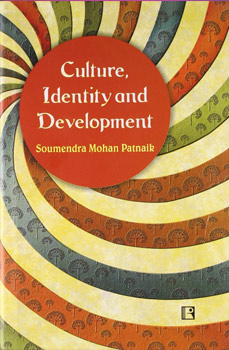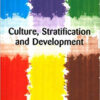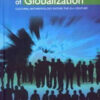CULTURE, IDENTITY AND DEVELOPMENT
₹825.00 Original price was: ₹825.00.₹660.00Current price is: ₹660.00.
25 in stock
The book explores certain contemporary issues pertaining to the interface between culture, identity and development among the Bhil – an adivasi community of western India. The forces of globalization, coupled with out migration and the rise of civil society initiatives, have necessitated a search for new identity among the Bhil for a meaningful existence. The changing dimensions of traditional cultures are reinterpreted in the light of emerging cultural practices in a space that is continuously getting permeated by technological innovations, information flow and political activities of religious and secular leaders.
Based on the fieldwork, the book is a true window to the cultural life of contemporary Bhil. The rich ethnographic account is subjected to careful analysis and interpretation in the light of the anthropological requirements. The chapters on kinship and marriage, rituals, ethnomedical practices, customary law and indigenous system of governance deal with basic social institutions and their cultural ethos, while chapters on migration, development, NGOs, emerging patterns of health care practices and tribe-forest relationship examine various issues of development. The quest for a new identity thus marks the undercurrent of the whole discussion.
Besides offering a complete ethnography, the book gives interesting insights into the yet-to-be-explored methodological aspects of team fieldwork so central to the pedagogy and practice of anthropology.
| Author's Name | |
|---|---|
| Binding | |
| Release Year | |
| Language | |
| Publisher |
Related products
Anthropology
Anthropology
Anthropology
Anthropology
Anthropology











